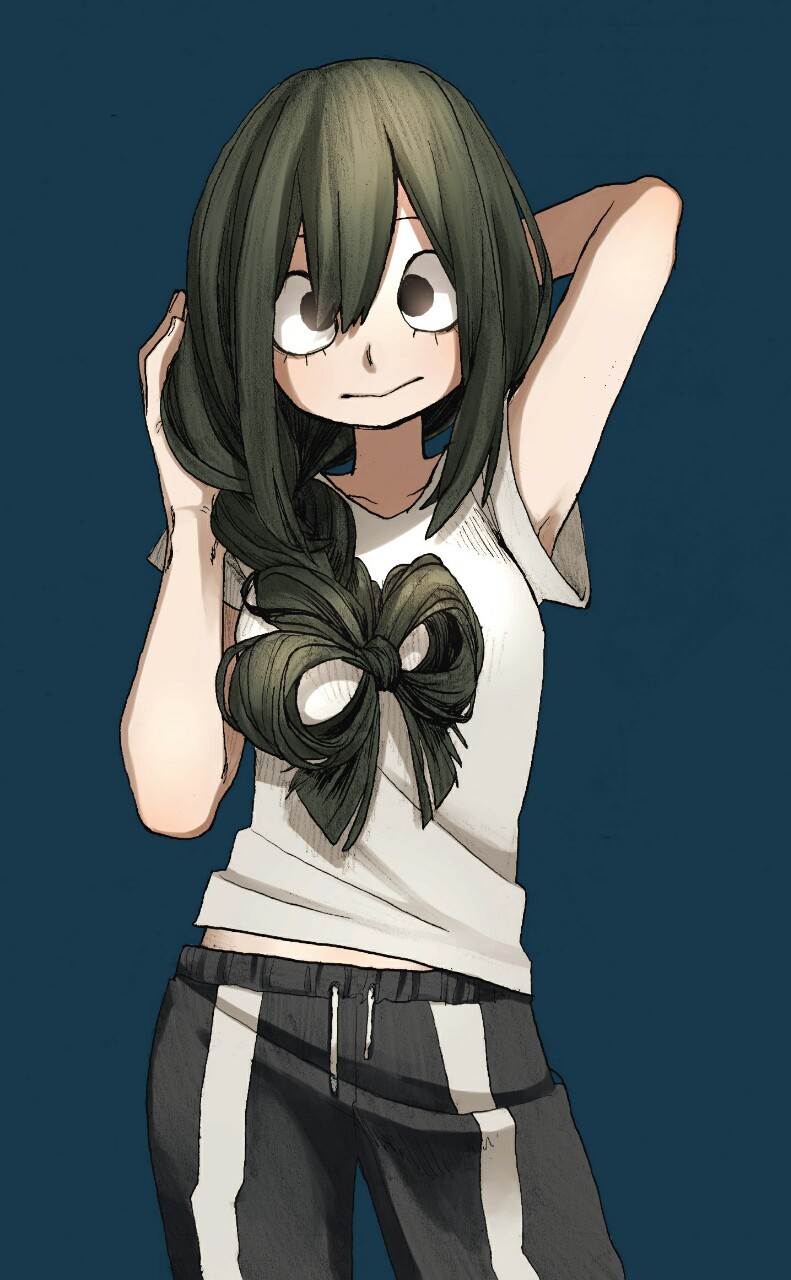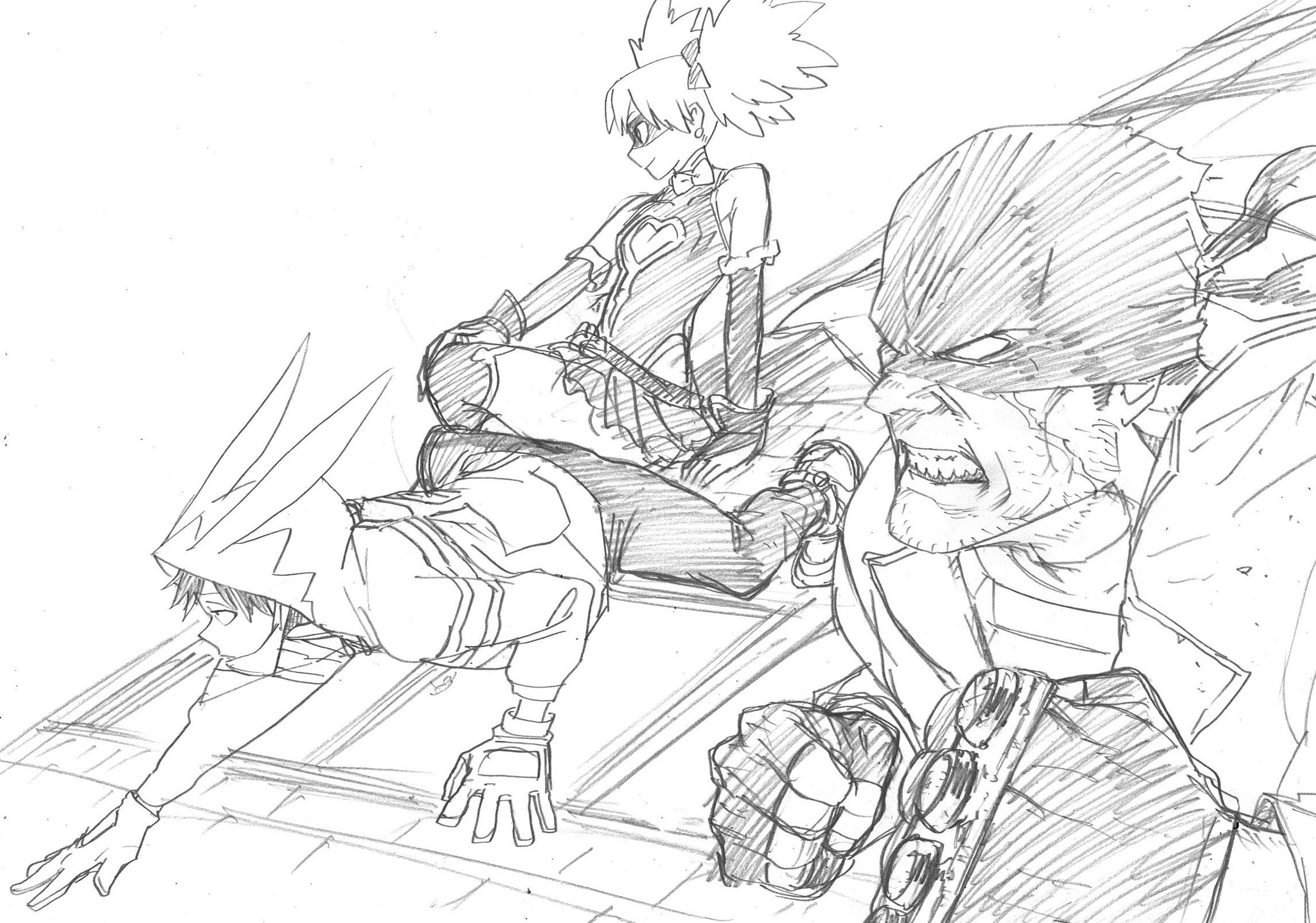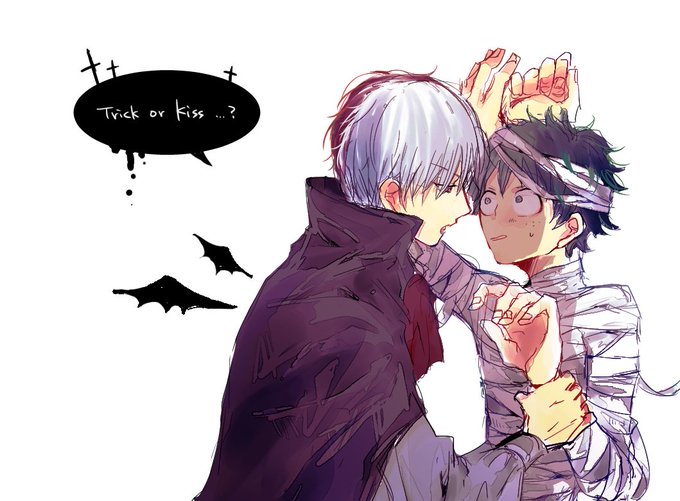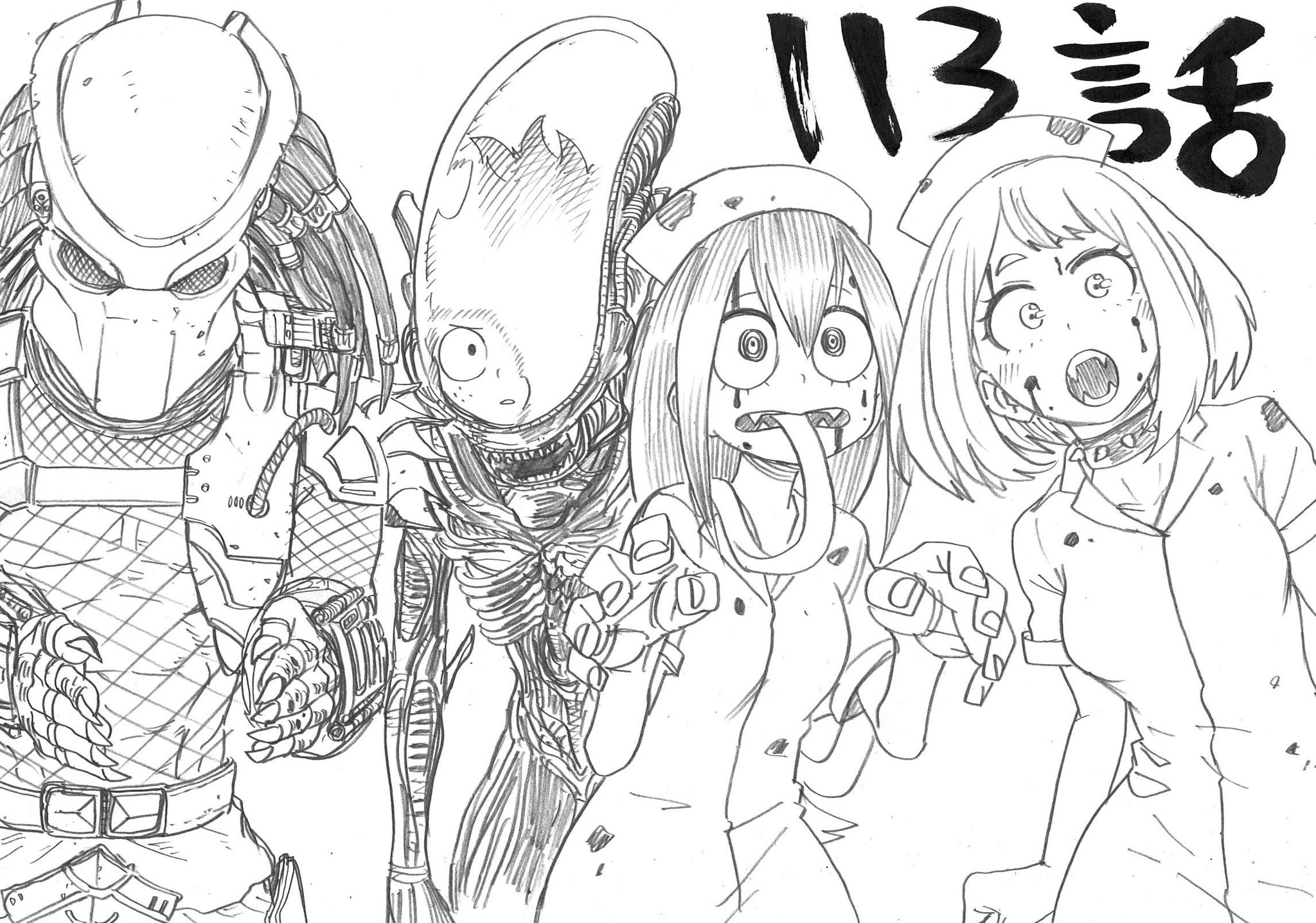So lets talk about something I've been throwing around in my mind for a bit.
The world of MHA. MHA is very much a character driven story. The past is only relevant as far as characters go. Thus far, we haven't really stumbled on anything to the effect of "These are the ruins of a great battle between this one legendary hero of the past" or anything like that. The only significance of the past is personal stuff like All Might's mentor.
The only real piece of worldbuilding we got was at the very beginning of the first chapter, where the narration explained that, one day, a random miracle occurred and now everyone just got random powers, which can be anything from an extra appendage to things seem to defy the laws of physics.
Obviously, this set up is most influenced by the X-men. Random mutation spreads and everyone gets random powers. However, it removes all the social issues that the X-men assign to the mutations. The vast majority of the population has quirks. And despite there being some kind of genetic component to it, the vast heterogeneity of quirks mean that any sense of prejudice seems to have been effectively eliminated. Ashido and Tokoyami's unusual looks aren't remarked upon as unusual, and even Kouda, and Shouji who look more inhuman than most aren't treated any differently for it.
In a lot of ways, it feels like the promised land of equality that the X-men characters are always striving for, which is an interesting placement. Which isn't to say what X-men does isn't interesting, but it's somewhat refreshing to get an X-men story where all the social issues have actually been resolved by the time the characters arrive on the scene, leaving only personal drama to drive the narrative. The closest that it comes to a social change is the wide spread public perception of All Might being revealed as having lost his quirk, and even the narrative mostly centers around All Might himself and the main characters that looked up to him as opposed to the larger public sphere.
Still, given how skilled the author is at executing all other aspects of the story, it makes me curious to consider how he would handle larger world events in a different story.
The author is rolling out world-building very slowly. He's also playing a little fast and loose with it, but we cut slack because, like you said, the character focused stuff is really great.
It's obviously a world of contrivance, as there's so many weird issues with a world full of superheroes that are glossed over, but he's done a pretty good job of addressing them here and there.
As for the X-Men comparisons, MHA is like a reverse X-Men to me. We were introduced to a "Utopian" world of superheroes from the start, where everyone's a mutant and it's an accepted norm to have powers. As it's progressed, we've started to see the issues of that world, and there's a general sense of "the system that is in place can't remain much longer". The characters are becoming more aware of how the world works and why a lot of it doesn't make sense, it feels really realistic to how we all experience the world: first with fresh and idealistic eyes that slowly get more jaded as we start to see areas where problems might arise. It's been handled well, although it's really clear that the author is adding problems as he goes rather than having a grand plan for absolutely everything. He's also skimming some issues a bit quickly, but I've always had the sense that things will get brought up again.
Whereas X-Men could be argued as an allegory for minority rights movements, MHA feels to me as a criticism of capitalism/survival of the fittest mentality. The manga's still about "being the strongest", but you often get hints that it's rarely about "being the strongest", and more about actually doing what's right for the people. There's a push to focus on
teams of heroes rather than holding one hero up on a pedestal (which was, in many ways, a bad thing because it created this false sense of security that allowed a lot of bad practices to continue existing). But we're seeing it through the eyes of people who want to "work through the system" to resolve these issues, rather than tearing it all down. And we even see people who want to tear it all down, but so far they've been shown as villains with sympathetic, yet unrealistic goals.
It's funny that you bring up X-Men, because I had the same feelings you did when I picked this up, and that's why I've really enjoyed it. I always loved X-Men and the idea of this group of mutants, but I actually prefer when you have a
whole world where having superpowers is a relatively normal occurrence, rather than having to stay hidden. It's one of the things that really drew me to one piece early on, where, while devil's fruit users are rare, the world still accounts for them and there's no secret identities or mass incarceration of people with powers. Similar feelings with Avatar: The Last Airbender. I like seeing a world where powers are "relatively" mundane: they're part of the world and the world is built around them to some degree. MHA delivers this in spades.











